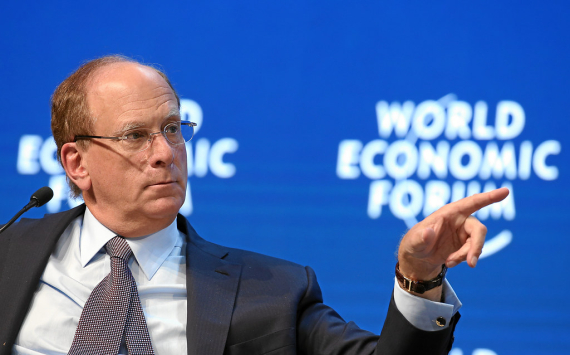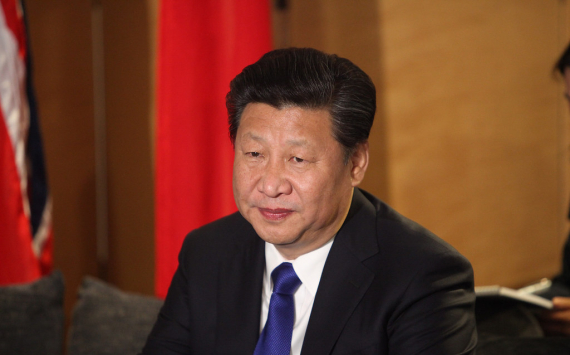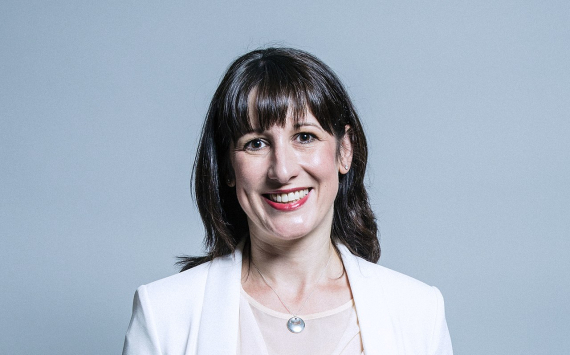
Greenwashing campaign
Major oil companies have engaged in a "long-term greenwashing campaign" while making "record profits at the expense of American consumers", as the Democrat-led House Oversight Committee found after a year-long investigation into climate misinformation about the fossil fuel industry.
The committee said the fossil fuel industry was "postulating climate problems while avoiding real commitment" to reducing greenhouse gas emissions. Lawmakers said the company was trying to portray itself as part of the solution to the climate problem, although internal industry documents show how companies avoid making real commitments.
"Today's documents show that the industry does not have any realistic plans to fix its actions and is moving forward with plans to pump out dirtier fuels in the coming decades," said HOC chair Carolyn Jane Maloney.
Lawmakers said BP aims to "become a zero-loss company by 2050 or sooner," but the committee found internal BP documents that show the company's recent plans diverge from the company's public comments.
The committee said the documents uncovered also showed that the fossil fuel industry had presented natural gas as a so-called "transition fuel" for the transition to cleaner energy sources, while doubling its long-term dependence on fossil fuels without any restrictions.
A strategy slide presented to Chevron's board by CEO Mike Wirth and received by the committee says that while Chevron sees traditional energy companies exiting oil and gas, Chevron's "strategy" is to "continue to invest" in fossil fuels as industry continues to consolidate use.
Also, companies such as BP, also known as British Petroleum, Chevron, Exxon, Shell, the American Petroleum Institute and the US Chamber of Commerce, are at the centre of the Democrat MP's investigation. However, all the above companies deny involvement in the climate change disinformation campaign, and the industry has a role in fuelling it for decades.
It is worth noting that an Exxon spokesman, said in a statement that the committee had taken internal corporate communications out of context.
















































